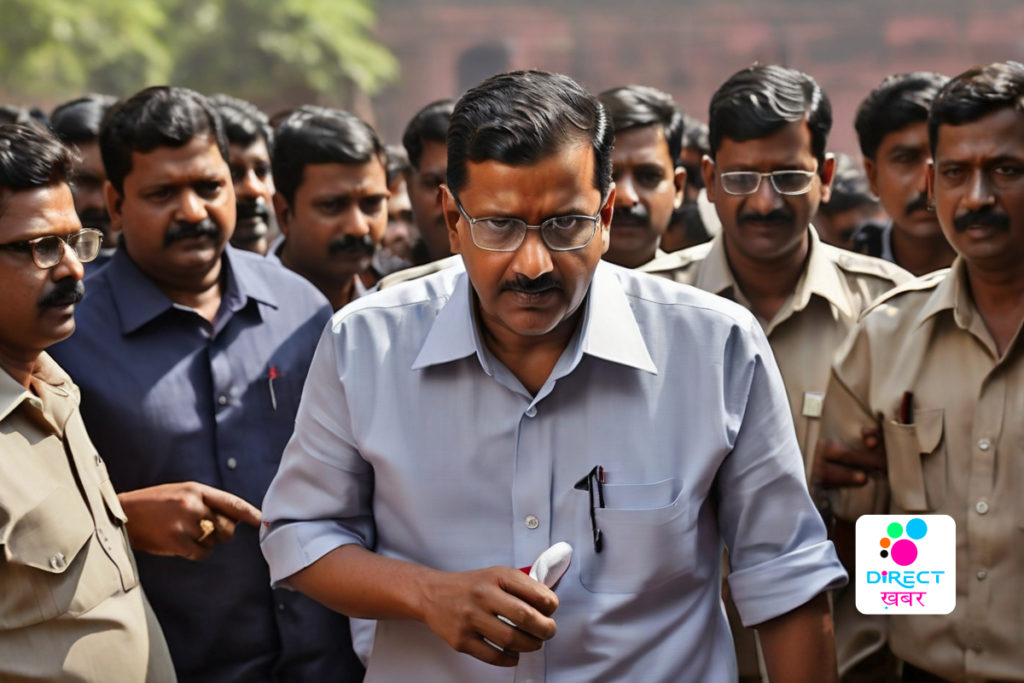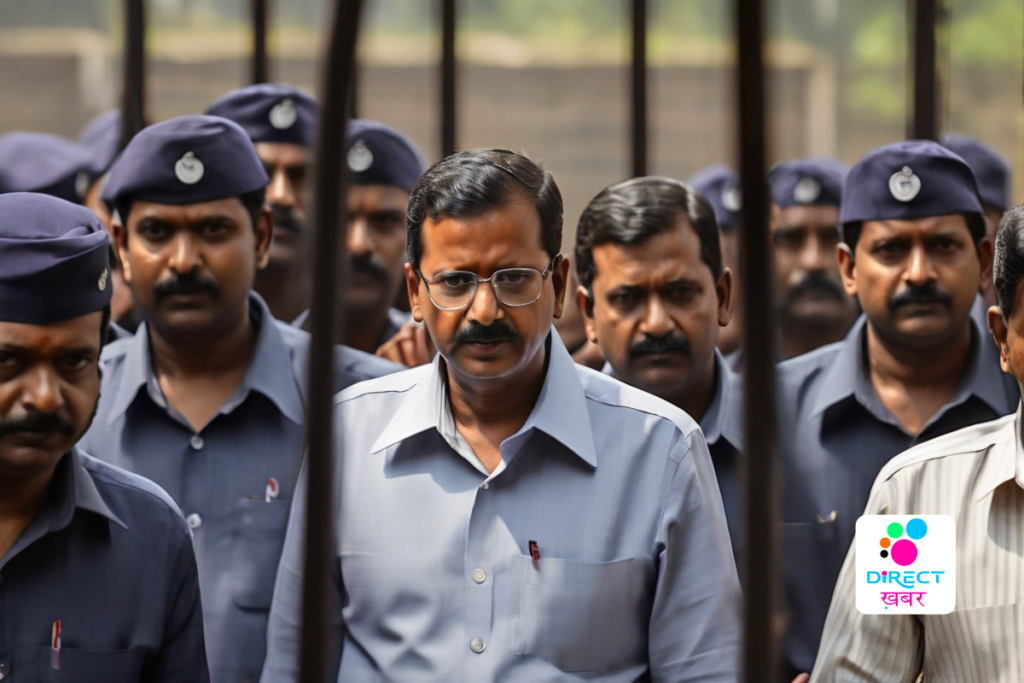Atishi claims ED will arrest her, 3 other AAP leaders if they don’t join BJP
In recent political turmoil, Atishi, a Delhi minister, has made startling claims regarding the alleged pressure tactics employed by the Bharatiya Janata Party (BJP) on Aam Aadmi Party (AAP) leaders. Atishi, along with her colleagues Saurabh Bharadwaj, Durgesh Pathak, and Raghav Chadha, fears imminent arrest by the Enforcement Directorate (ED) if they refuse to align with the BJP. These allegations have sent shockwaves through the political landscape, prompting a closer examination of the power dynamics and ethical implications at play.

At the center of these allegations is a purported strategy by the BJP to target AAP leaders systematically. Atishi asserts that after the arrest of Delhi Chief Minister Arvind Kejriwal, she and her colleagues are next in line for ED raids and subsequent detention. According to her, this coercive approach aims to dismantle the AAP’s leadership structure and instill fear among its members. The timing of these allegations, amidst Kejriwal’s recent arrest and ongoing legal proceedings, adds complexity to the situation.
Atishi’s claims are rooted in personal encounters wherein she alleges to have been approached with offers to join the BJP. She contends that refusal to comply with these demands could lead to her arrest within the next month. Moreover, she suggests that Prime Minister Narendra Modi has purportedly sanctioned a plan to incarcerate AAP leaders systematically, starting from the top echelons of the party. This purported strategy seeks to stifle opposition and weaken the AAP’s influence in Delhi’s political landscape.

The implications of Atishi’s allegations extend beyond mere political maneuvering. They raise fundamental questions about the democratic process, rule of law, and ethical conduct in governance. The perceived abuse of investigative agencies for political ends undermines the integrity of India’s democratic institutions and erodes public trust in the political establishment.
In response to these allegations, the AAP remains steadfast in its commitment to resist intimidation tactics and uphold its principles. Atishi asserts that the party will stand united against any attempts to subjugate its members through coercion or legal harassment. She emphasizes the AAP’s resilience and determination to continue its fight for the welfare of the people of Delhi, regardless of the challenges posed by external pressures.
The timeline provided by Atishi offers insight into the anticipated sequence of events, wherein ED raids and subsequent legal actions are purportedly imminent. This forecast underscores the gravity of the situation faced by AAP leaders and highlights the urgency of addressing concerns regarding political vendettas and abuse of power.
The recent developments, including Kejriwal’s arrest and the ED’s naming of Atishi and Saurabh Bharadwaj in court proceedings, underscore the volatile nature of Indian politics. The intertwining of legal proceedings with political agendas underscores the need for transparency, accountability, and impartiality in law enforcement agencies.
Amidst these allegations and counterclaims, the role of social media emerges as a critical battleground for shaping public opinion and disseminating information. The spread of misinformation and propaganda underscores the need for critical media literacy and responsible journalism in the digital age.
The AAP’s assertion of solidarity and resilience in the face of adversity reflects a broader struggle for political autonomy and democratic rights. The party’s unwavering commitment to its principles amidst mounting pressure underscores its determination to uphold the values of integrity, transparency, and social justice.

As the situation unfolds, it is imperative for all stakeholders, including political leaders, law enforcement agencies, and civil society, to uphold the rule of law and respect democratic norms. The allegations raised by Atishi and her colleagues warrant thorough investigation and scrutiny to ensure accountability and prevent the erosion of democratic values.
Atishi’s allegations of political coercion and imminent arrest underscore the challenges facing Indian democracy. The AAP’s response reflects a commitment to resist intimidation and uphold democratic principles. As the situation evolves, it is crucial for all stakeholders to prioritize the rule of law, transparency, and accountability to safeguard the integrity of India’s democratic institutions.






